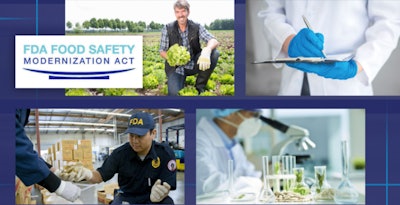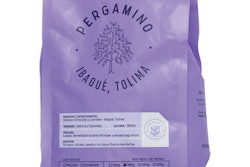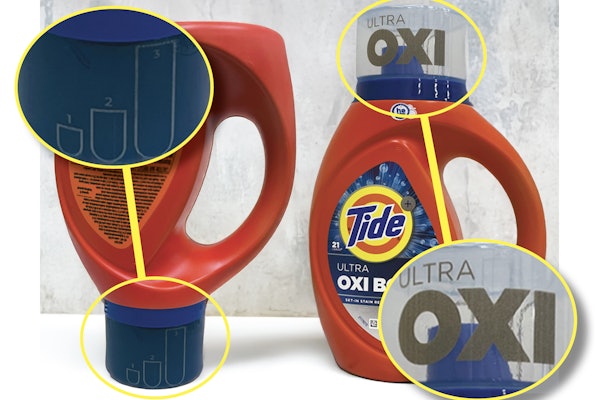
When the FDA Food Safety Modernization Act (FSMA) was signed into law in 2011, its purpose was clear: preventing outbreaks of foodborne illness. What has happened since then? According to a recent article by Frank Yiannas, FDA deputy commissioner for food policy and response, more companies that grow, produce, pack, hold, import, and transport food are now taking definitive steps to reduce the risk of contamination, making food in the U.S. safer, whether it’s produced domestically or imported.
Steps the agency has taken to assure this result include the science-based, regulatory standards under FSMA for growing, harvesting, packing, and holding fruits and vegetables; the responsibility of importers for verifying their foreign suppliers are meeting FDA safety standards; the program for the accreditation of third-party auditors to conduct food safety audits of foreign entities; a mandatory recall when a manufacturer fails to voluntarily pull unsafe food from the market; and the suspension of registration to prevent a facility from selling or distributing unsafe food.

























